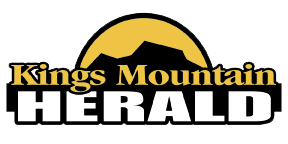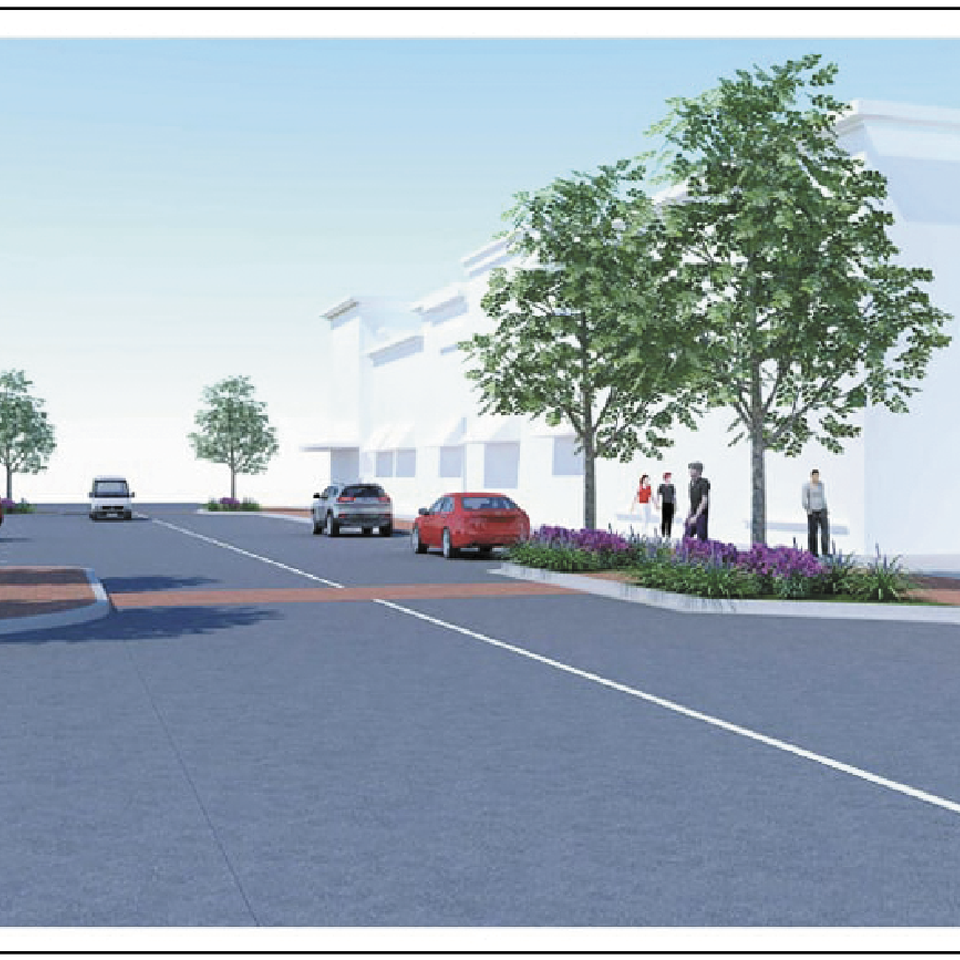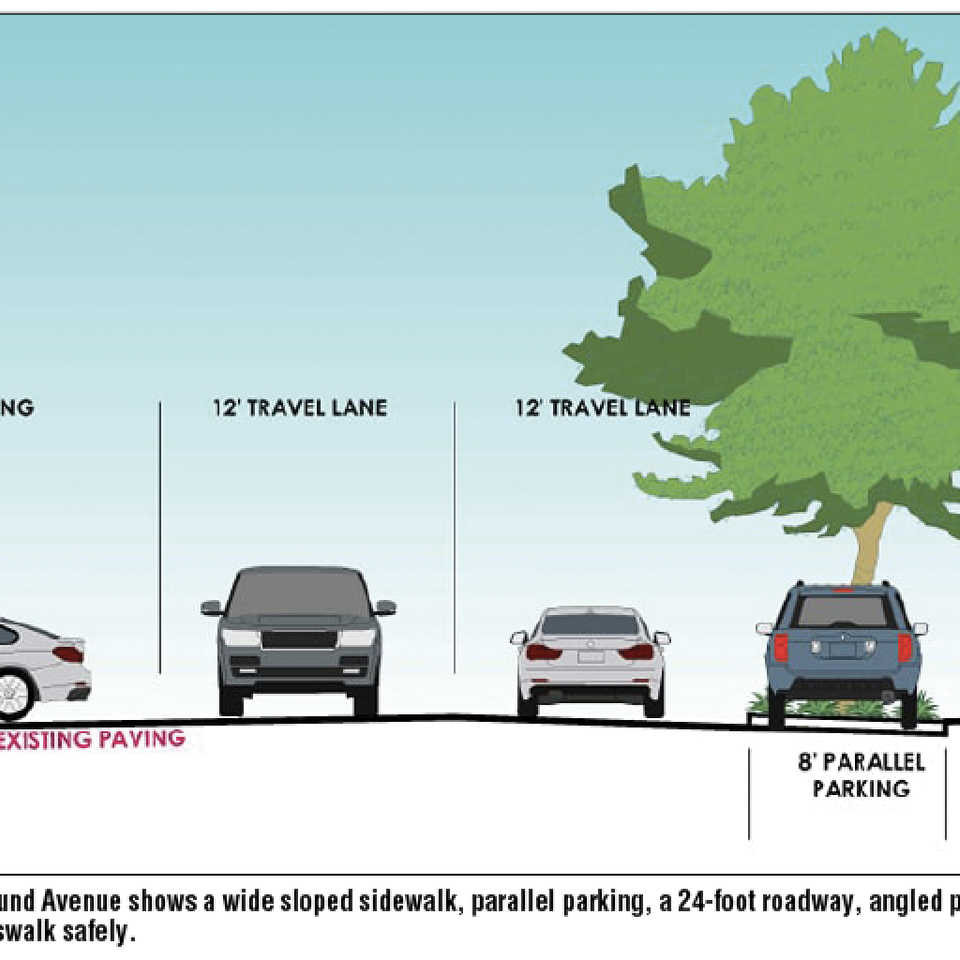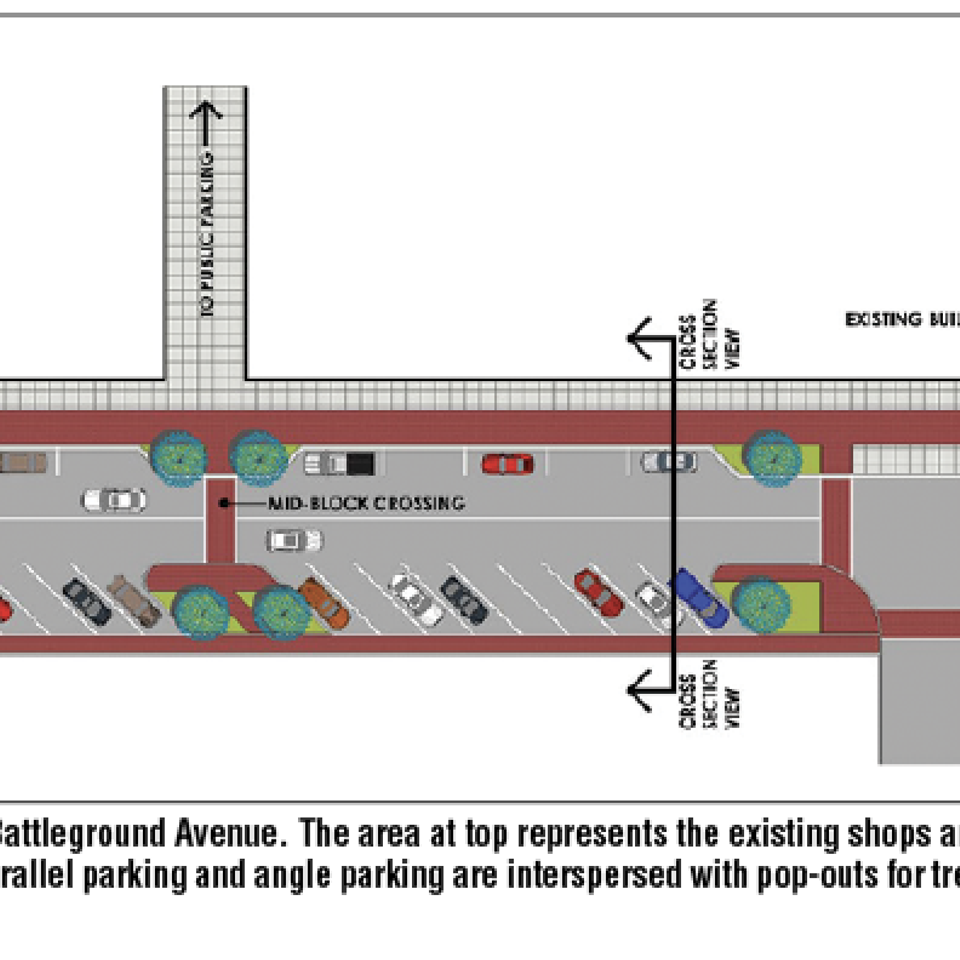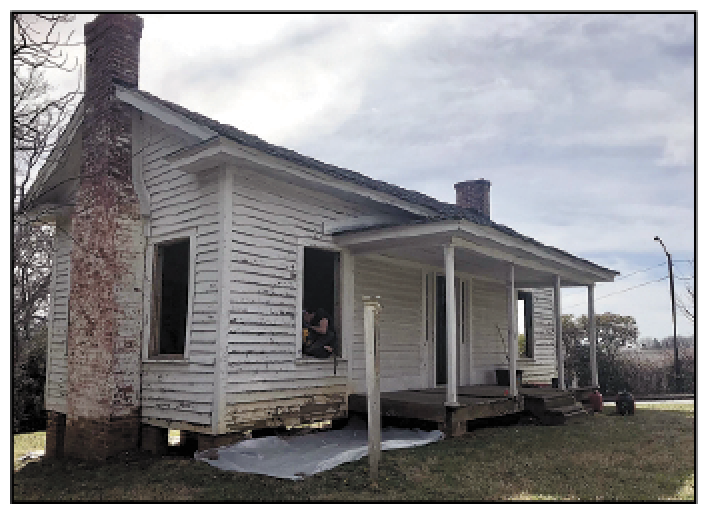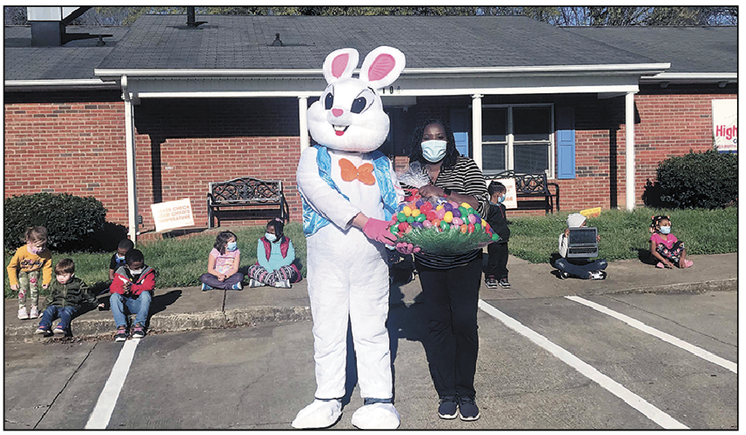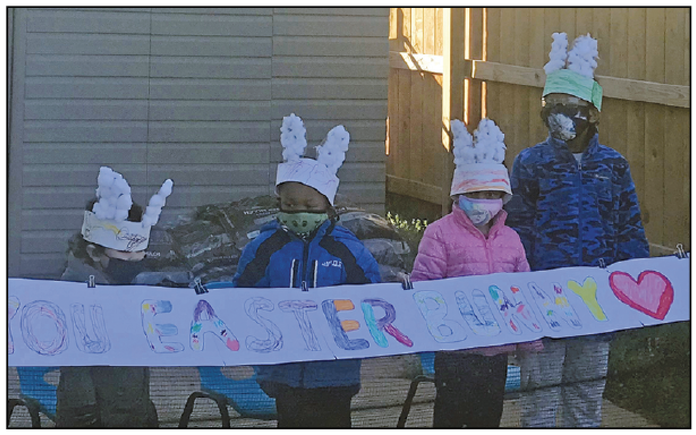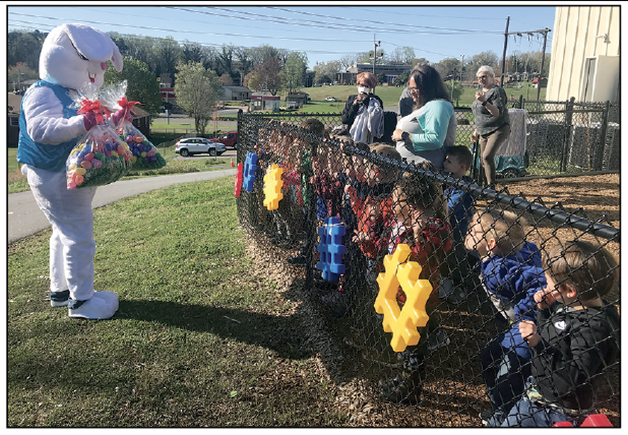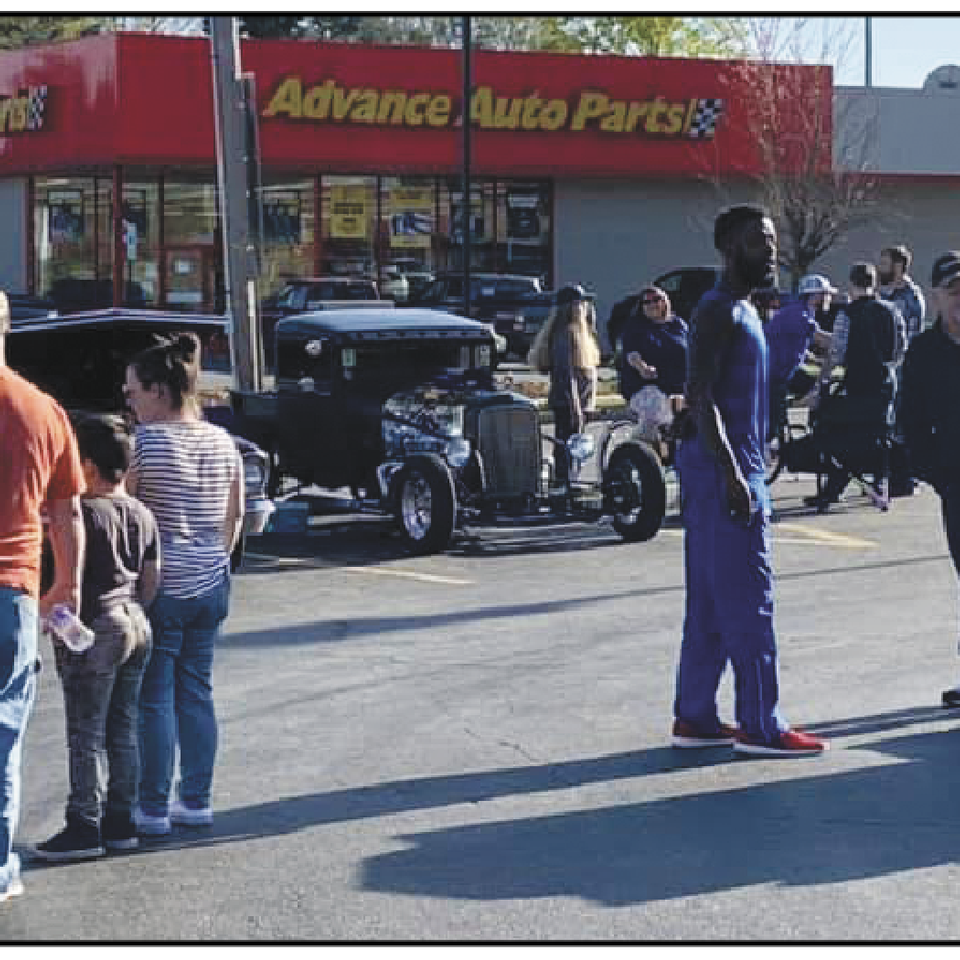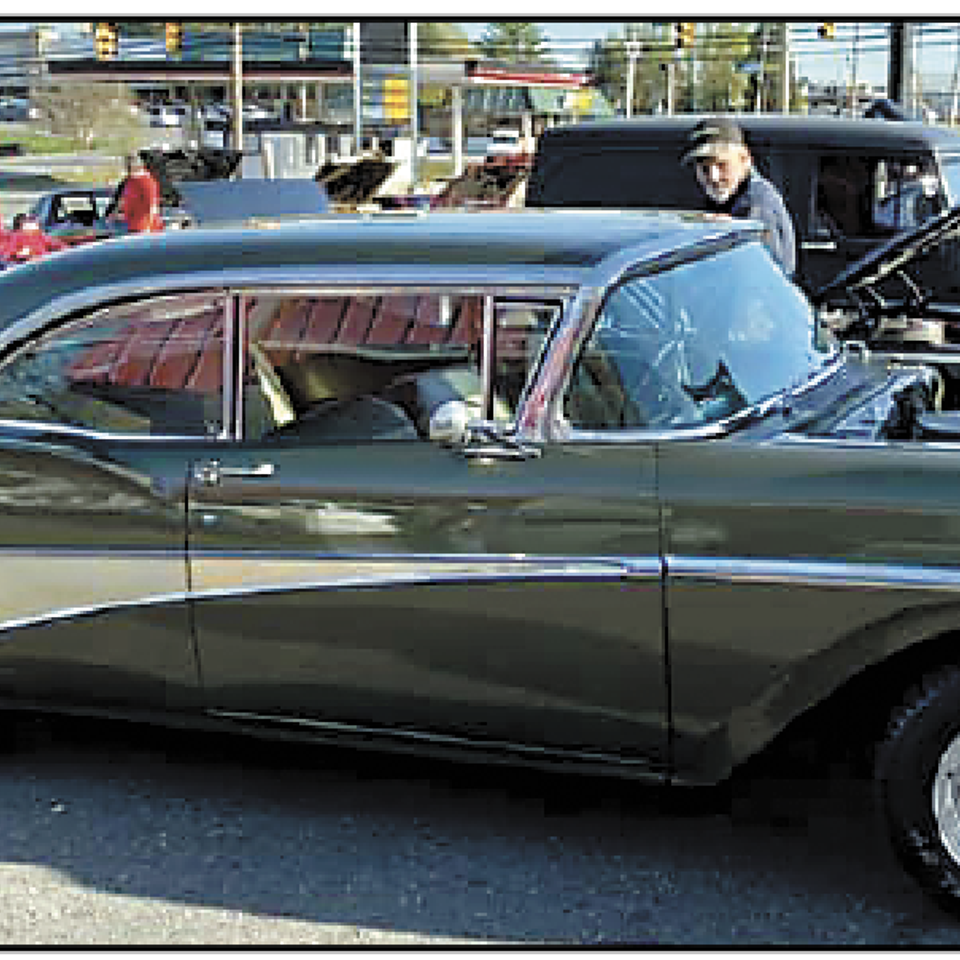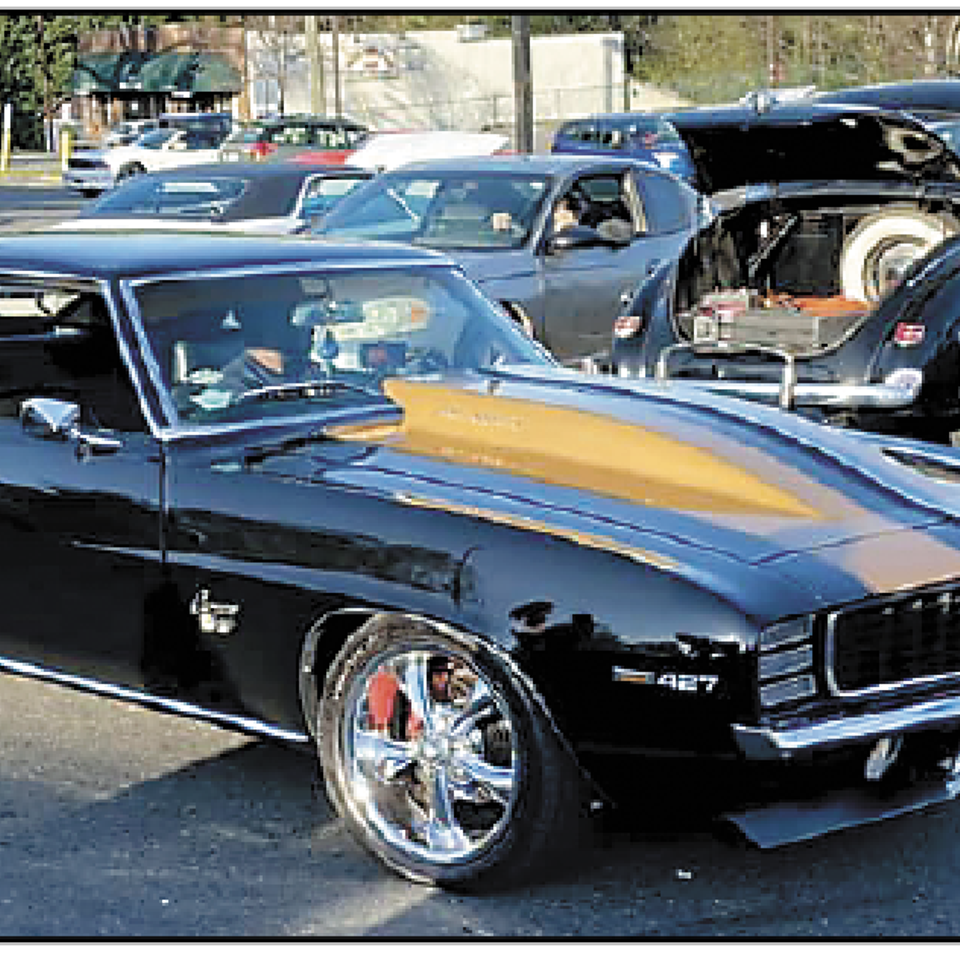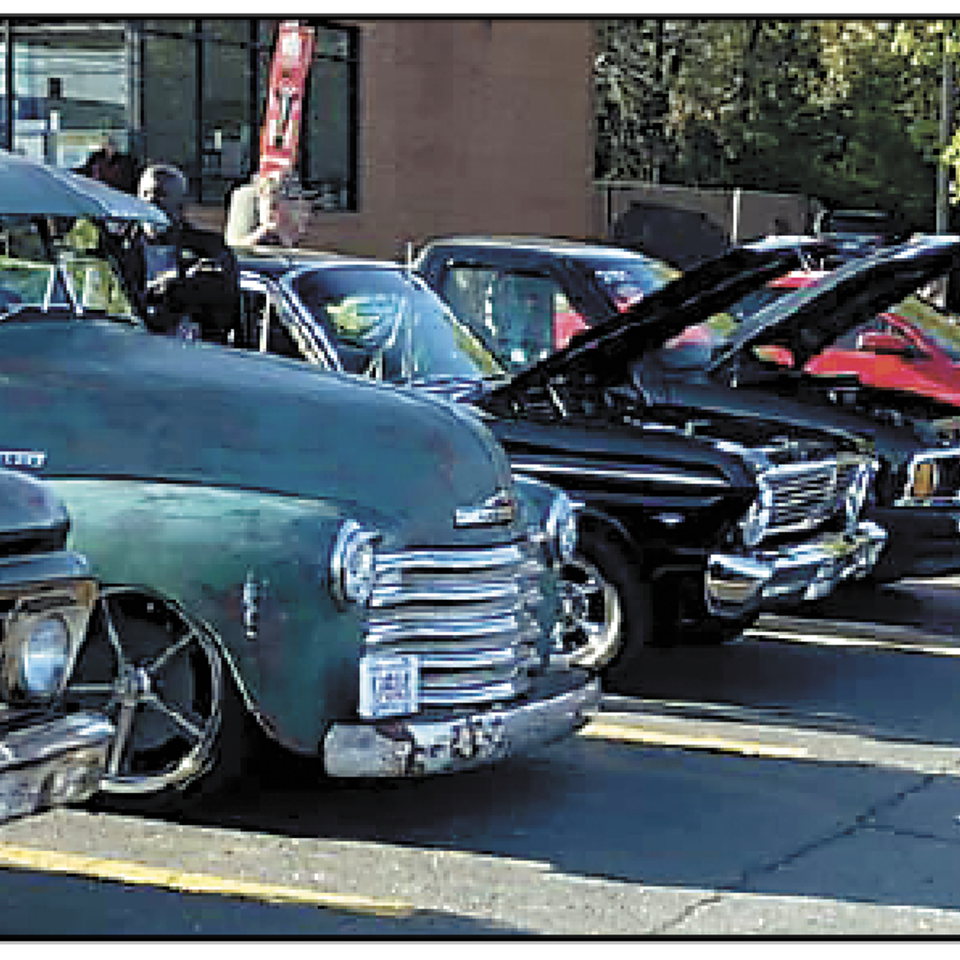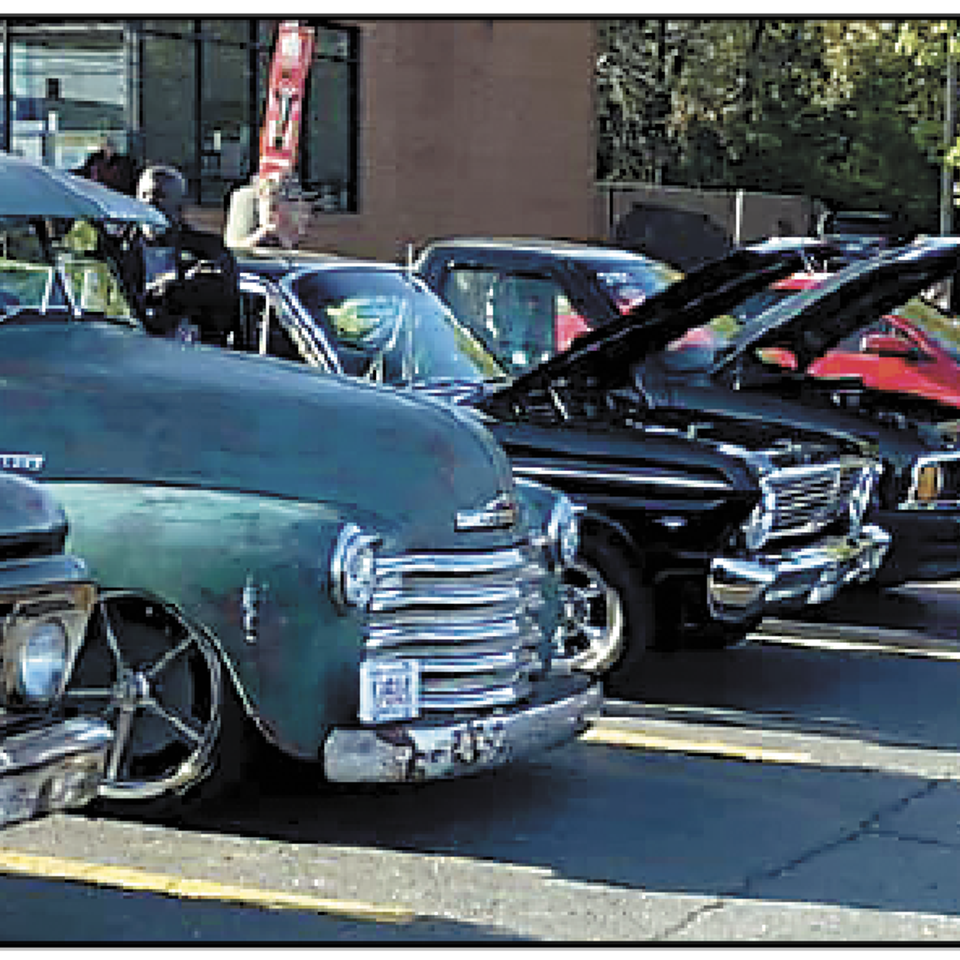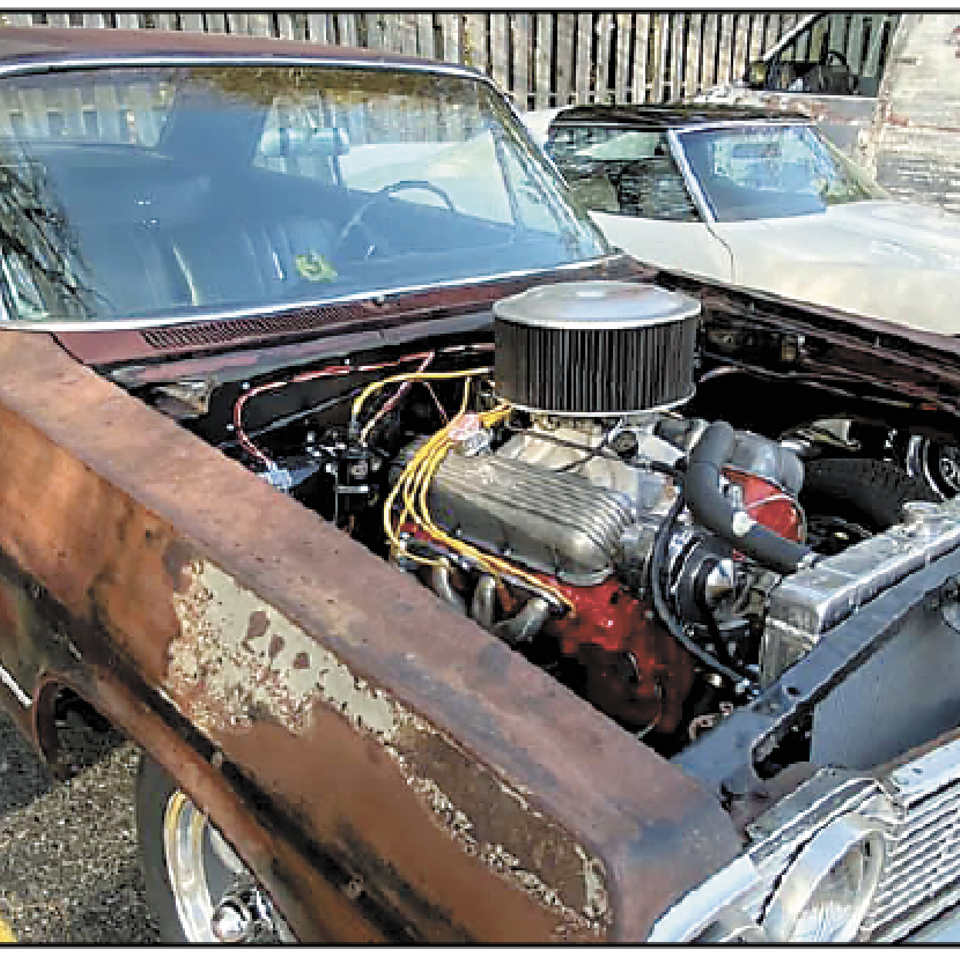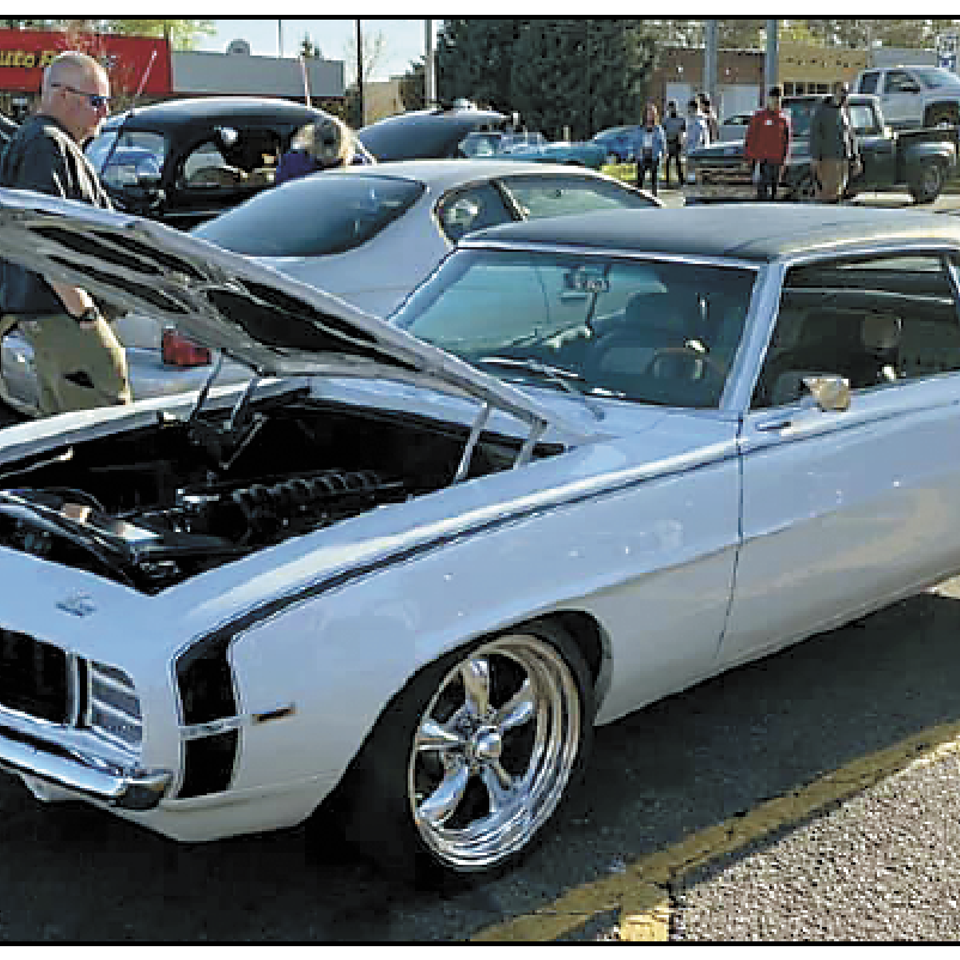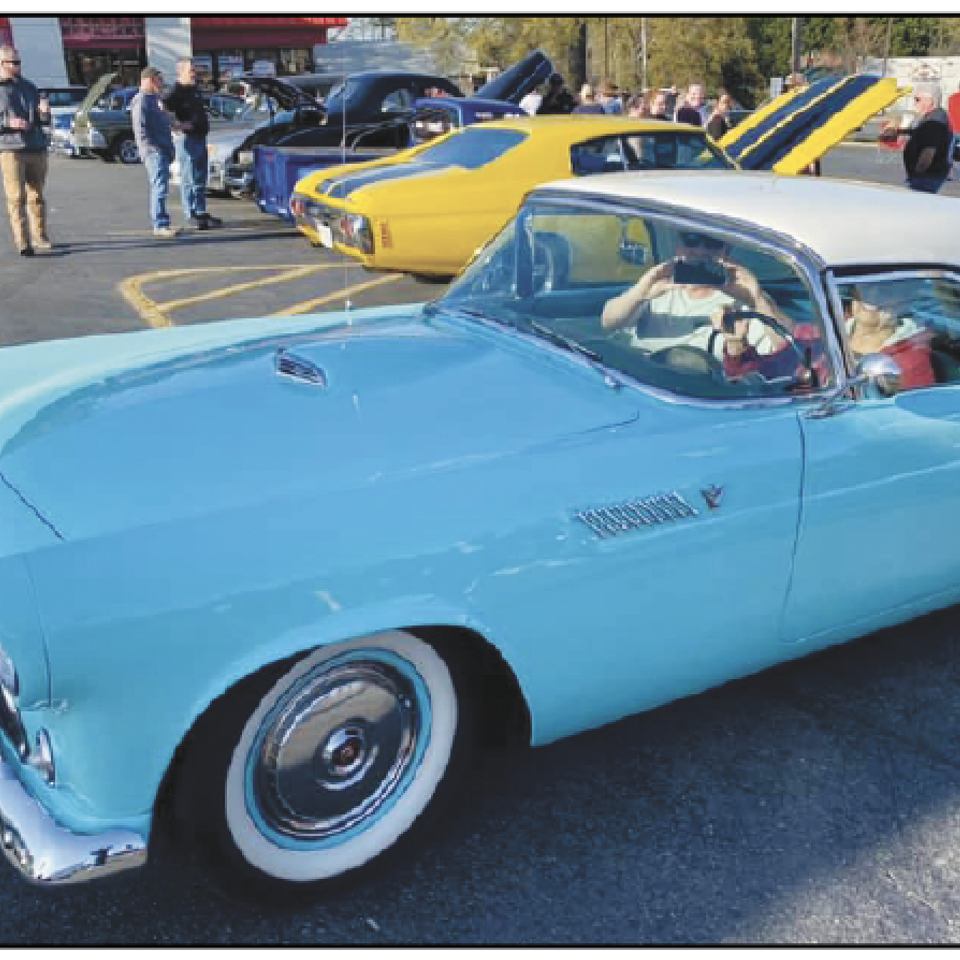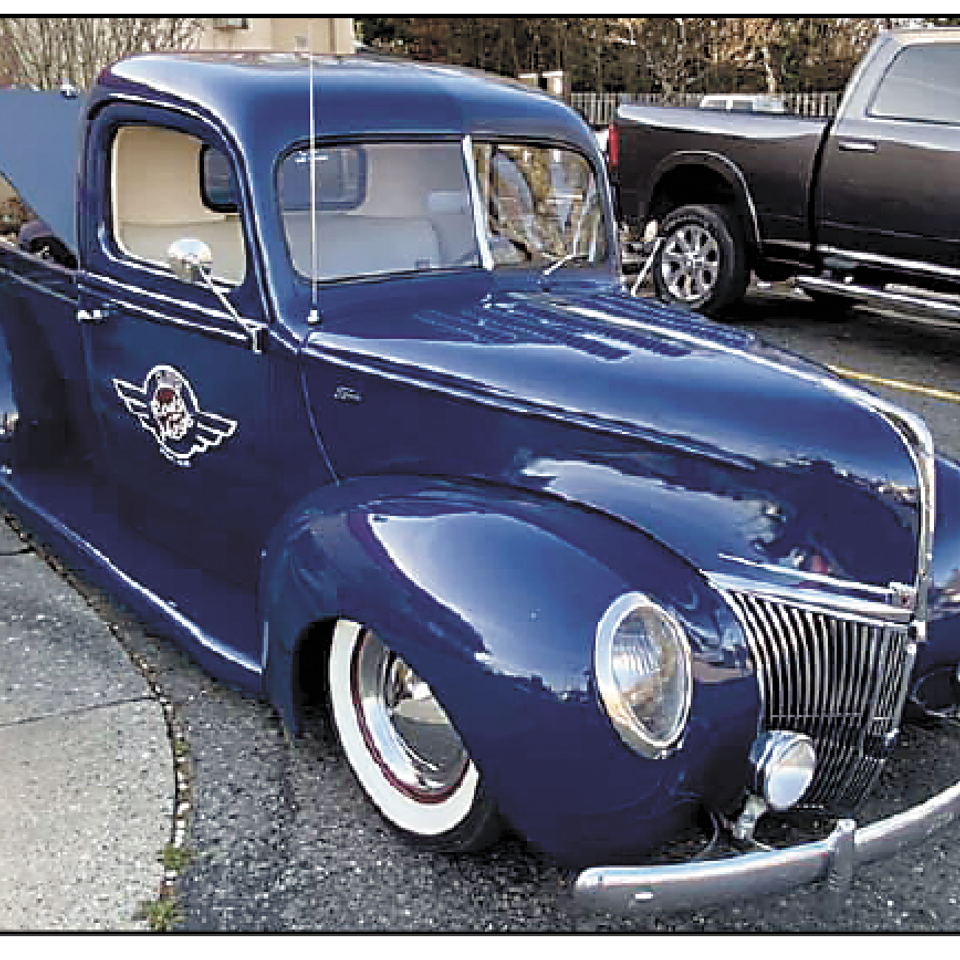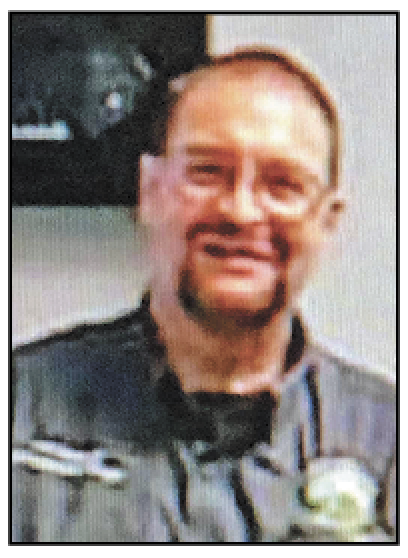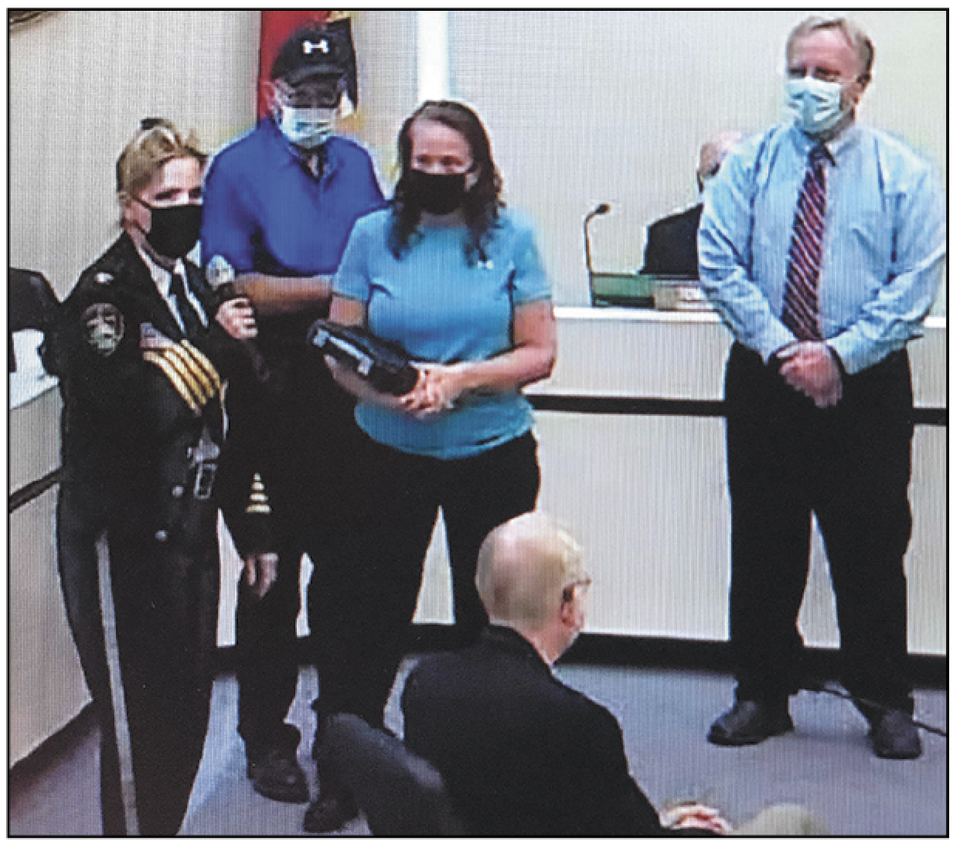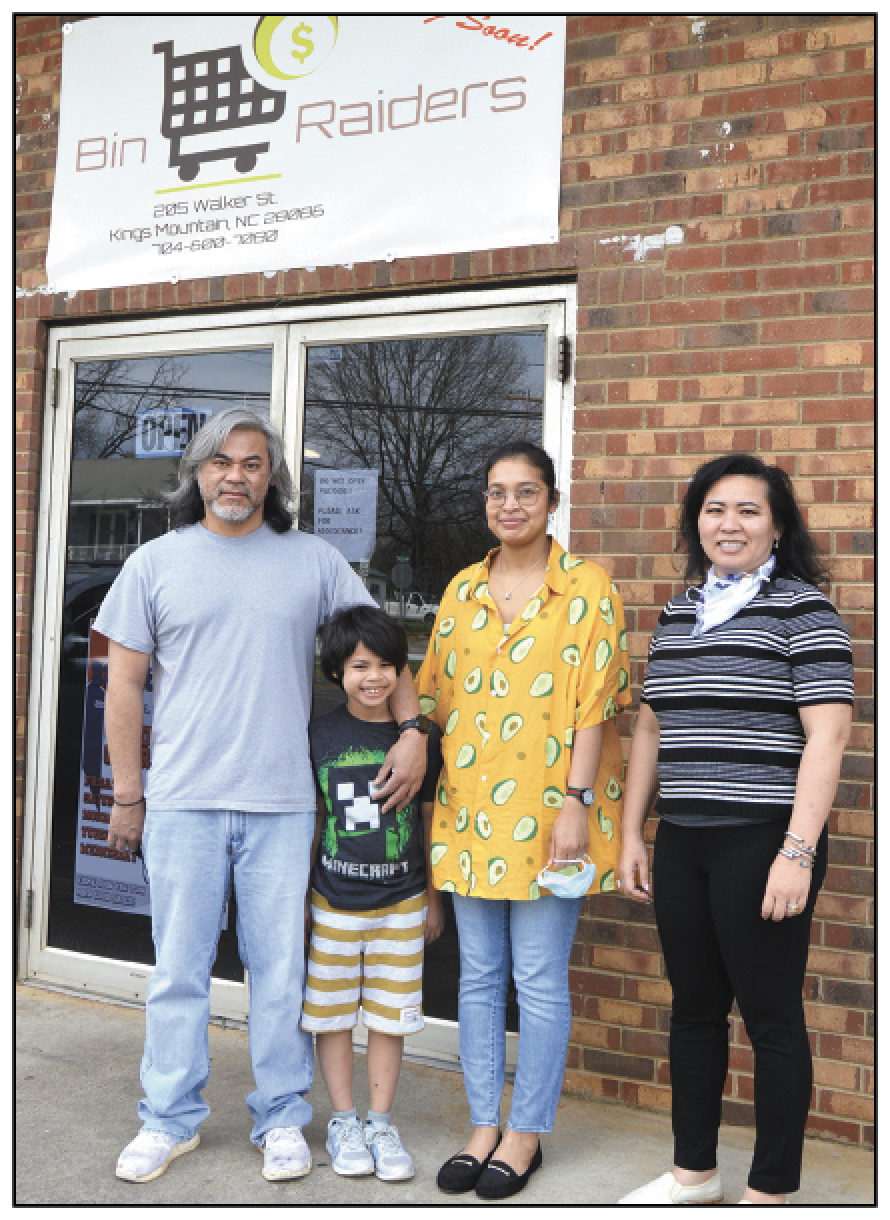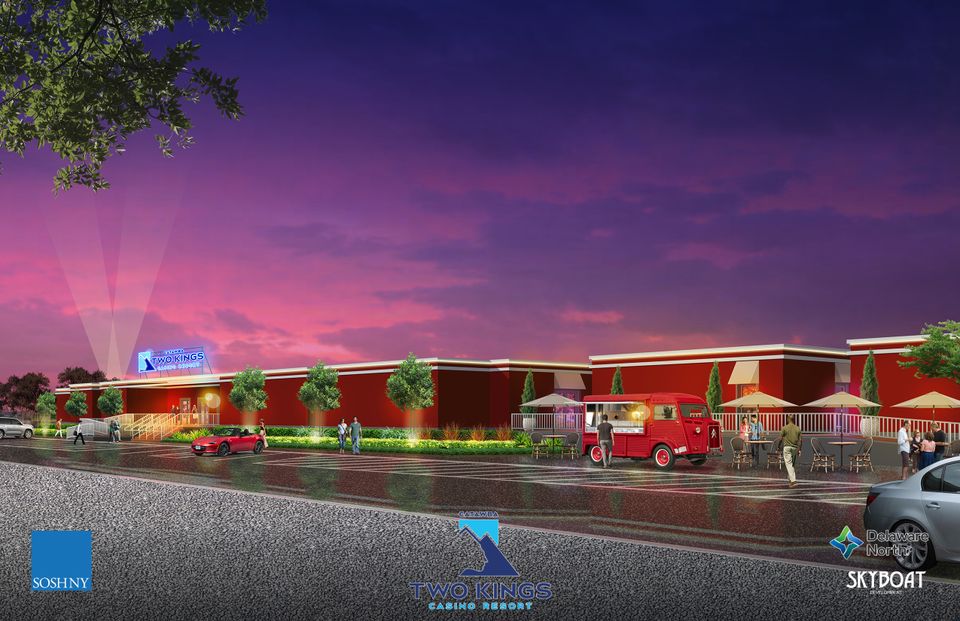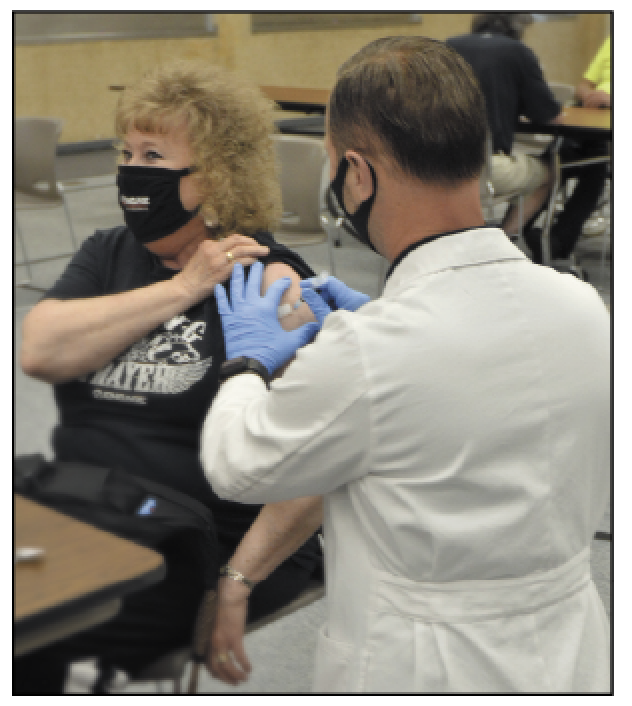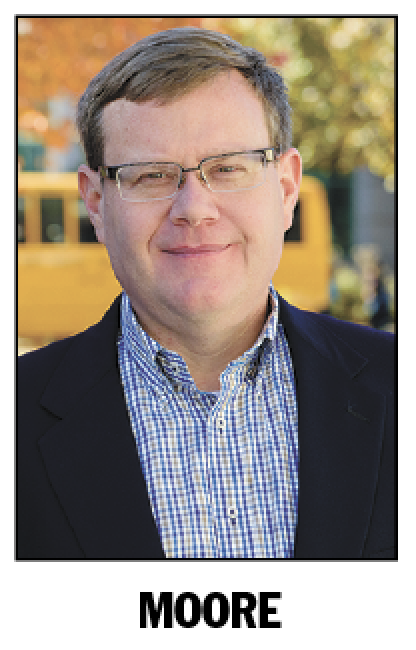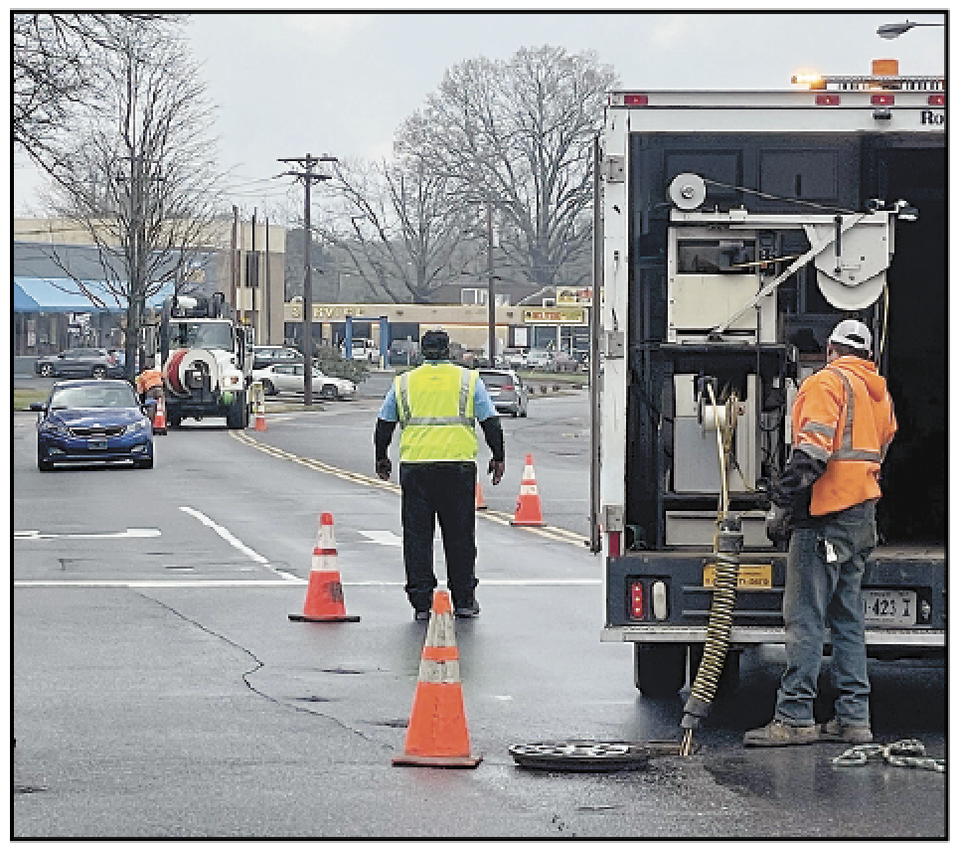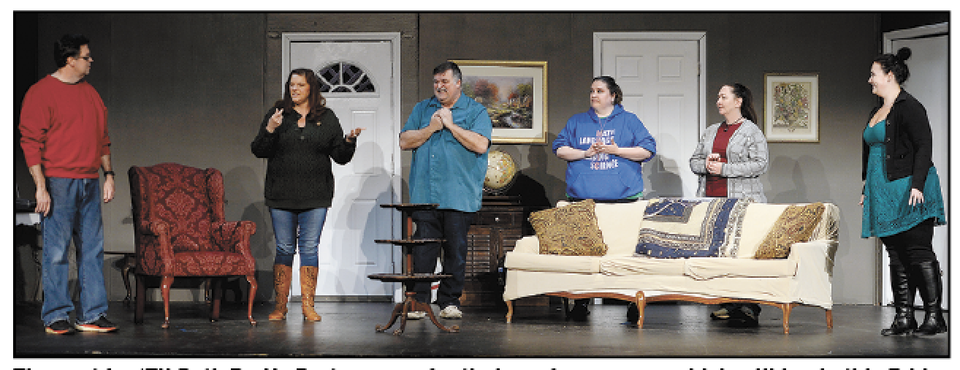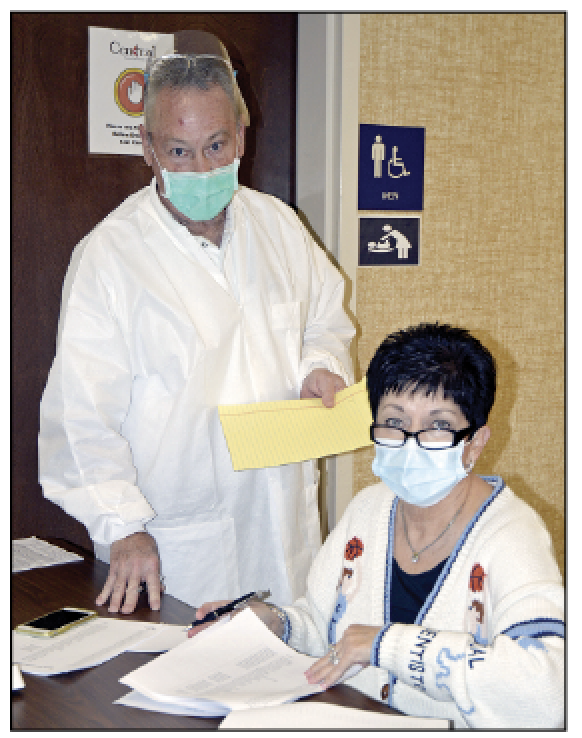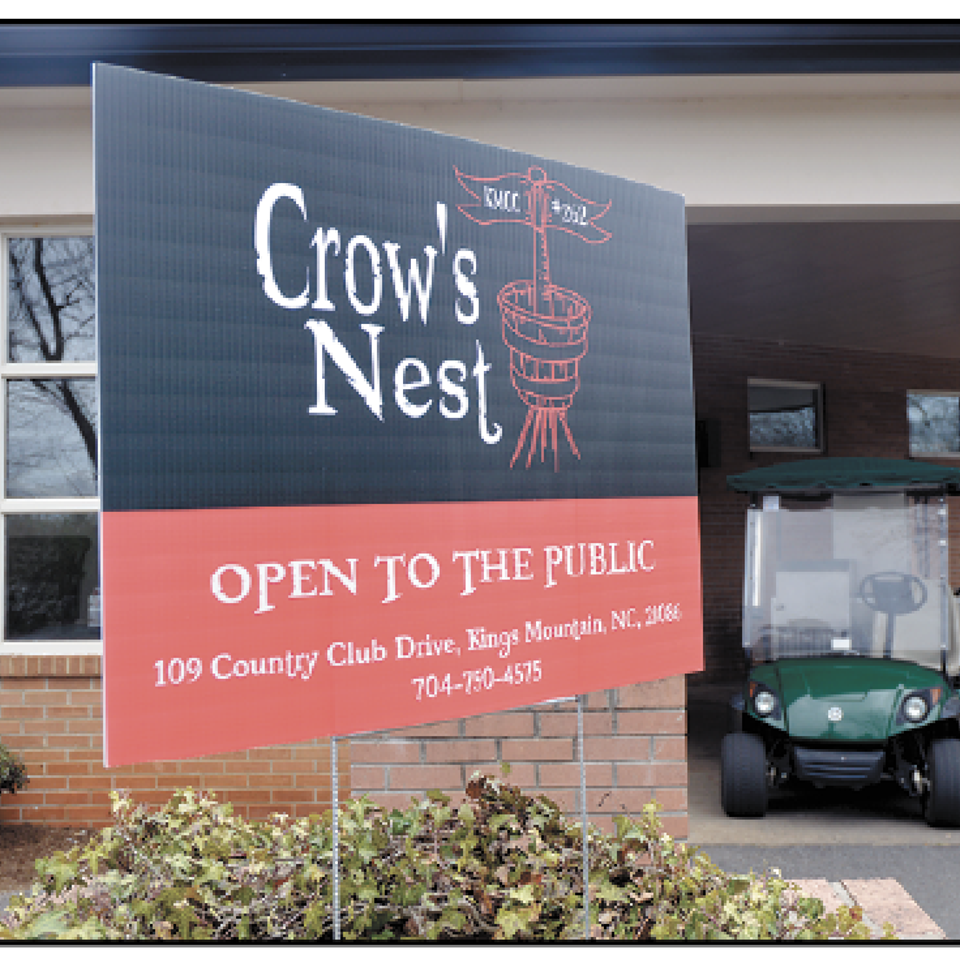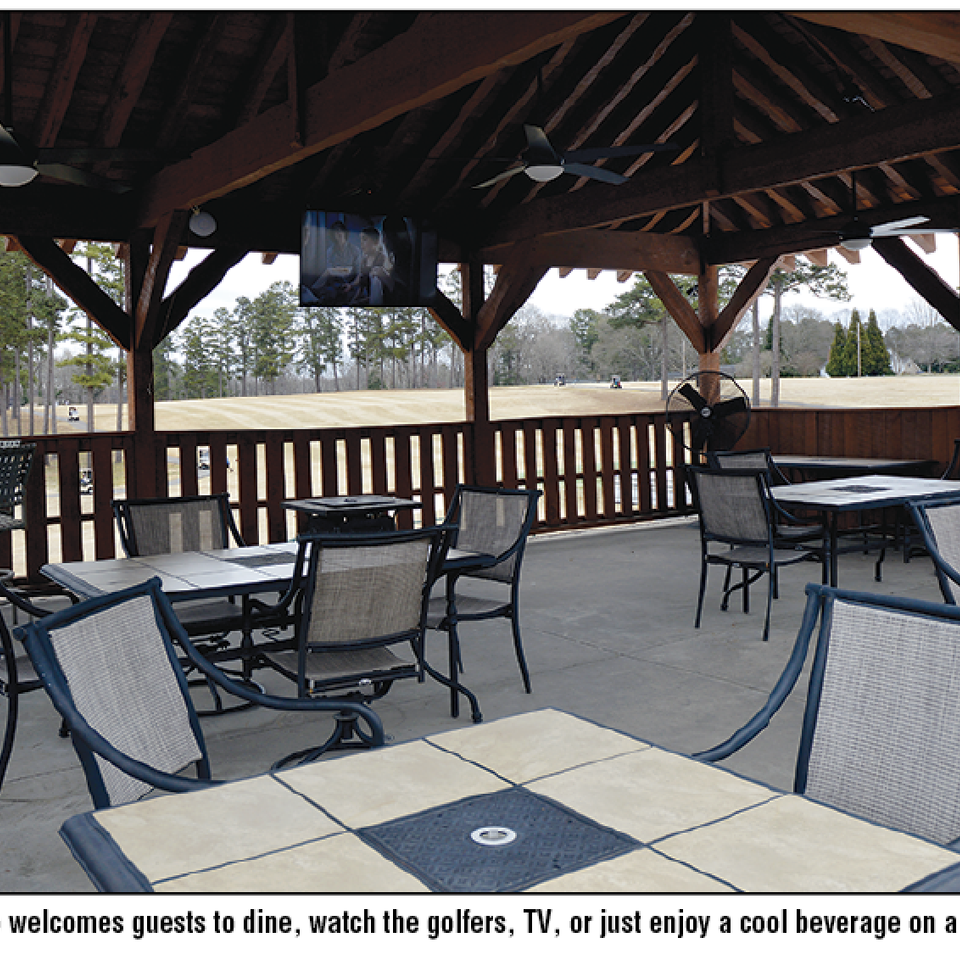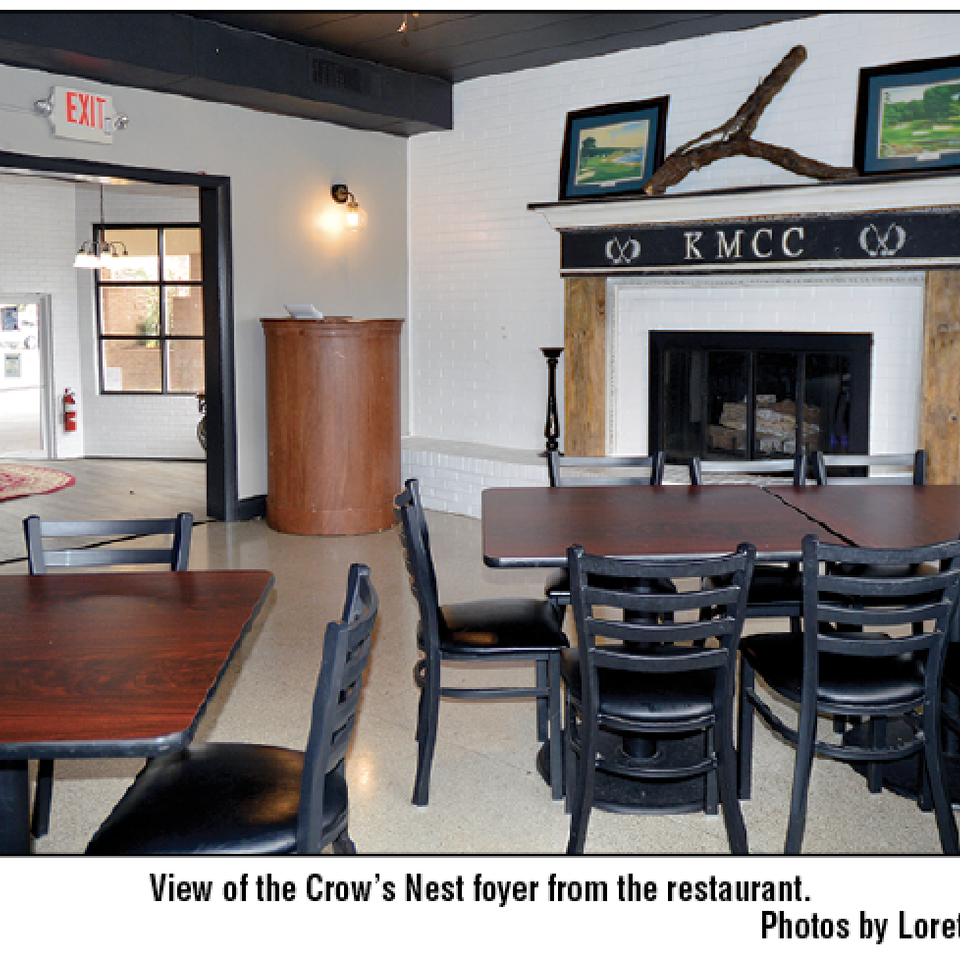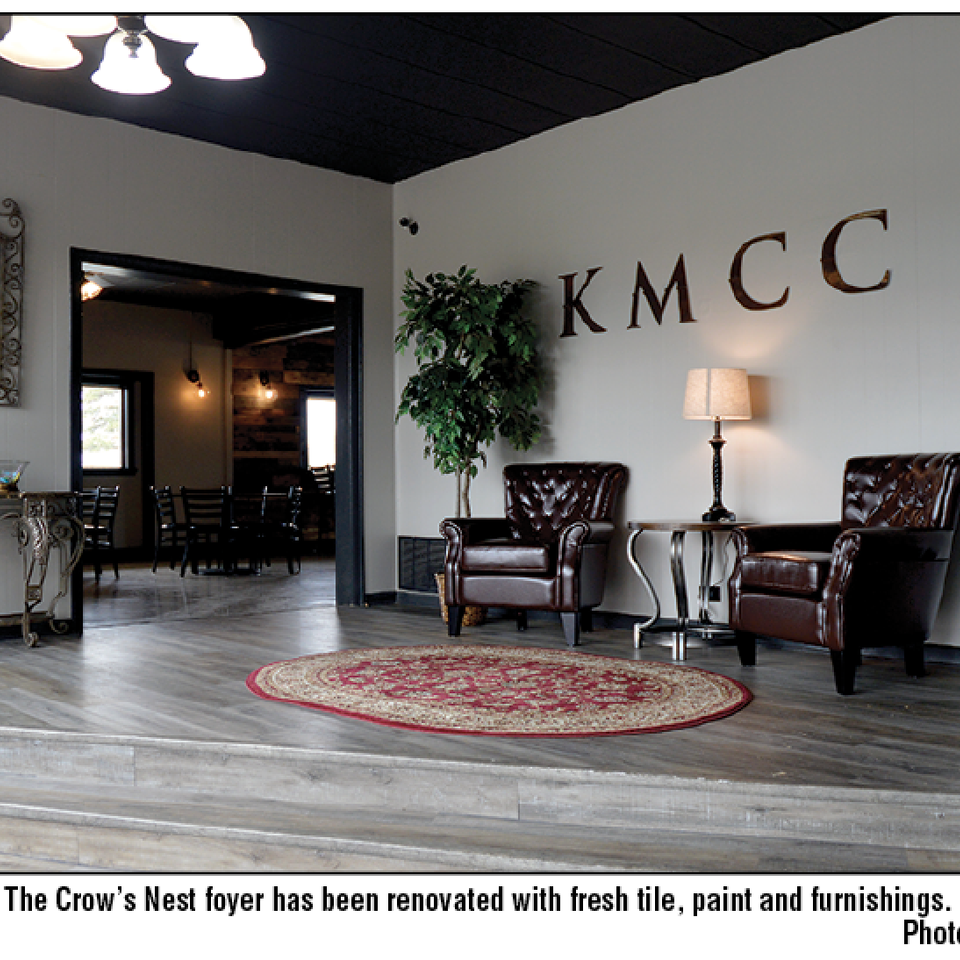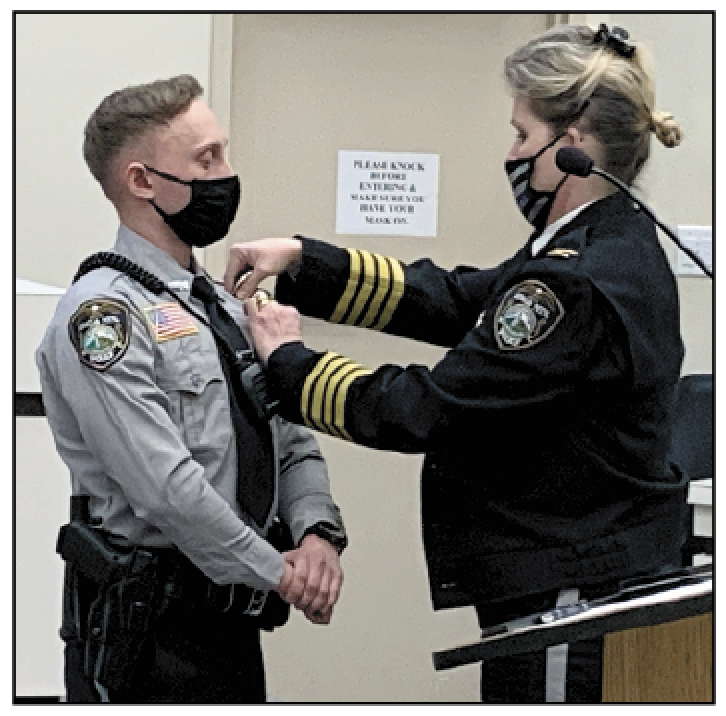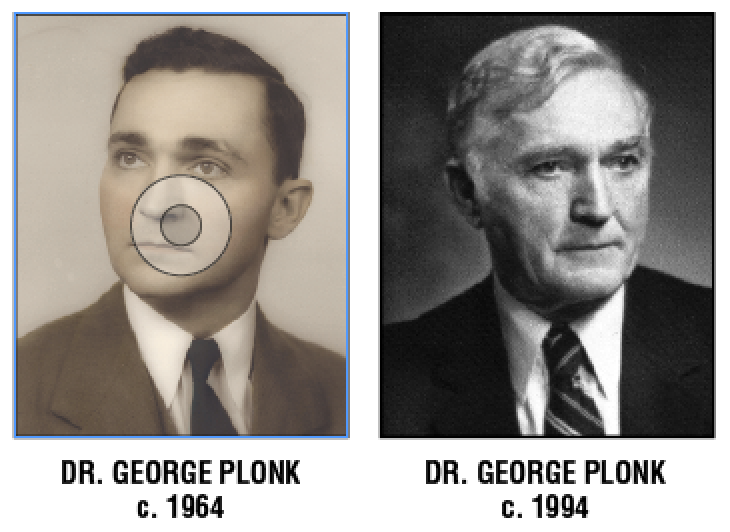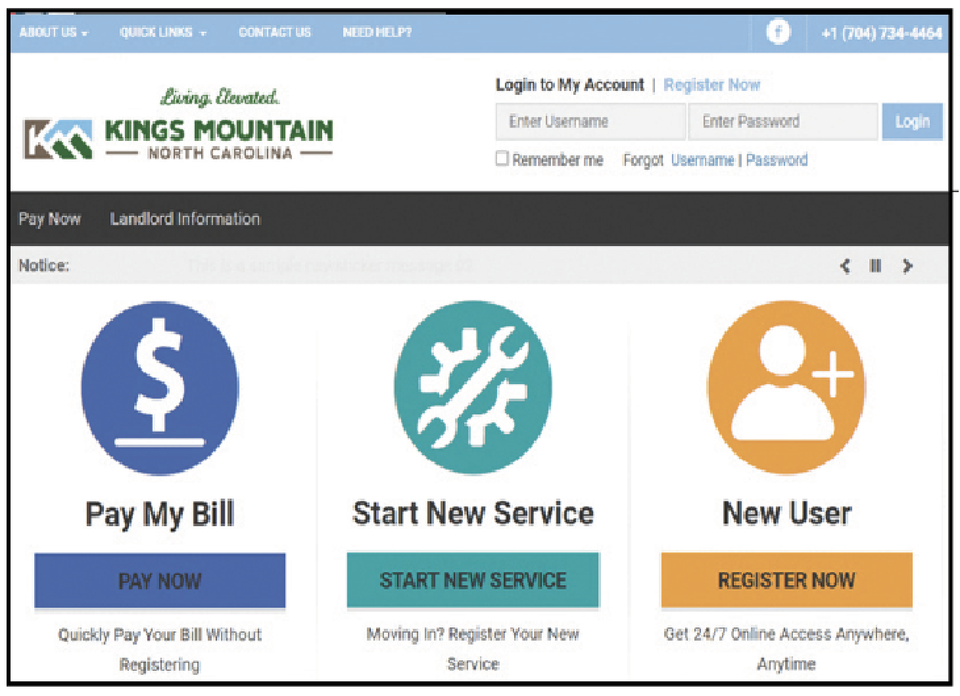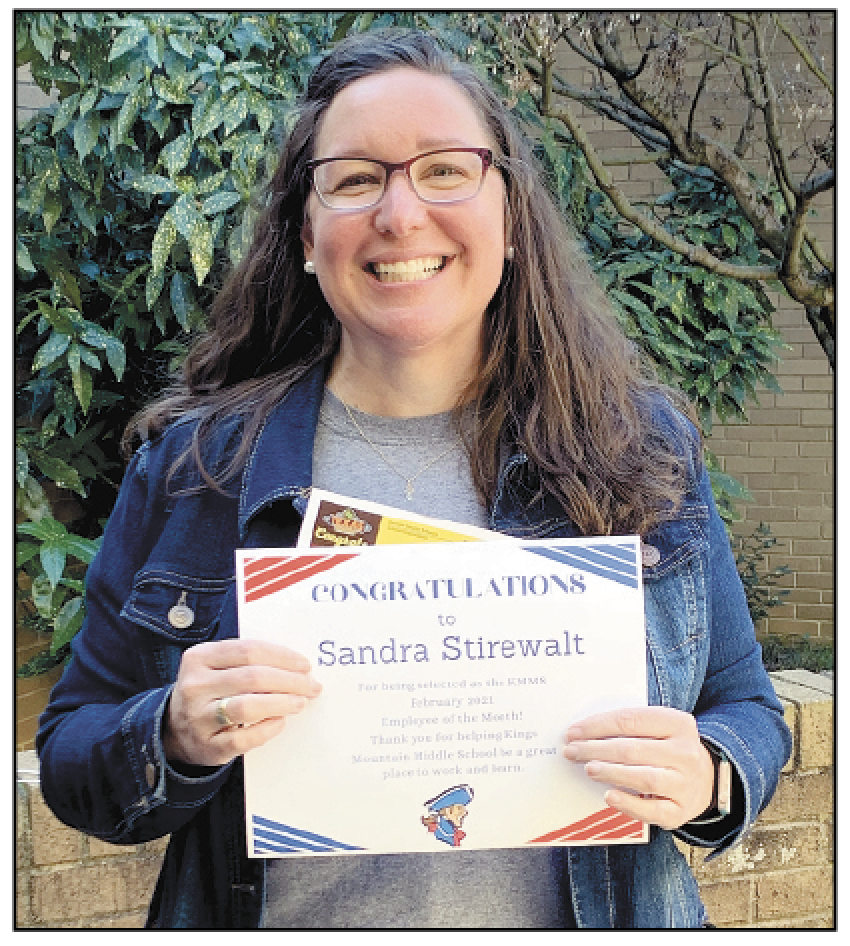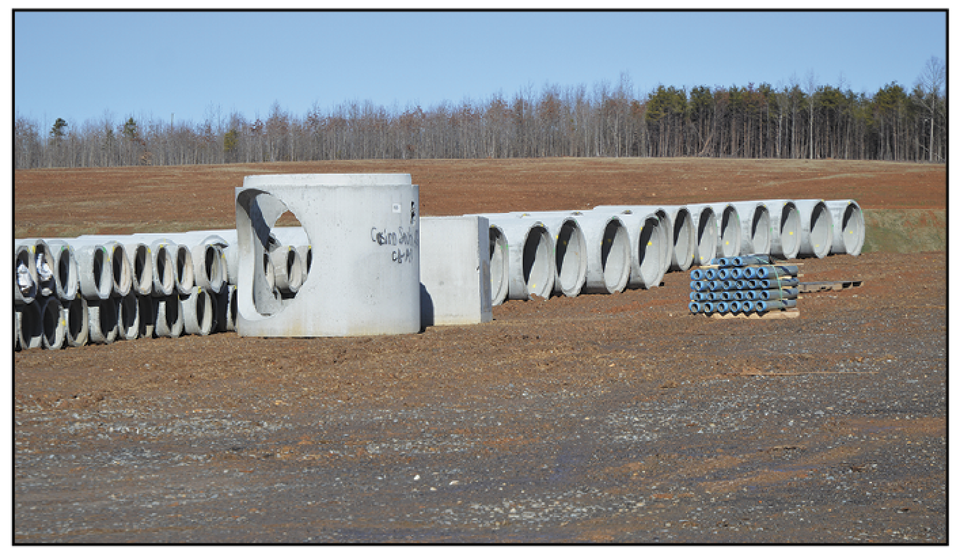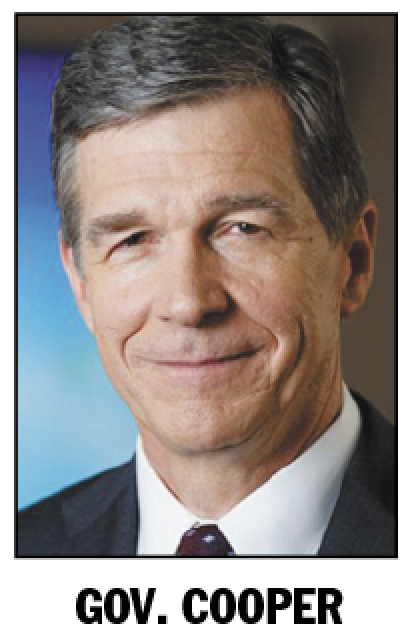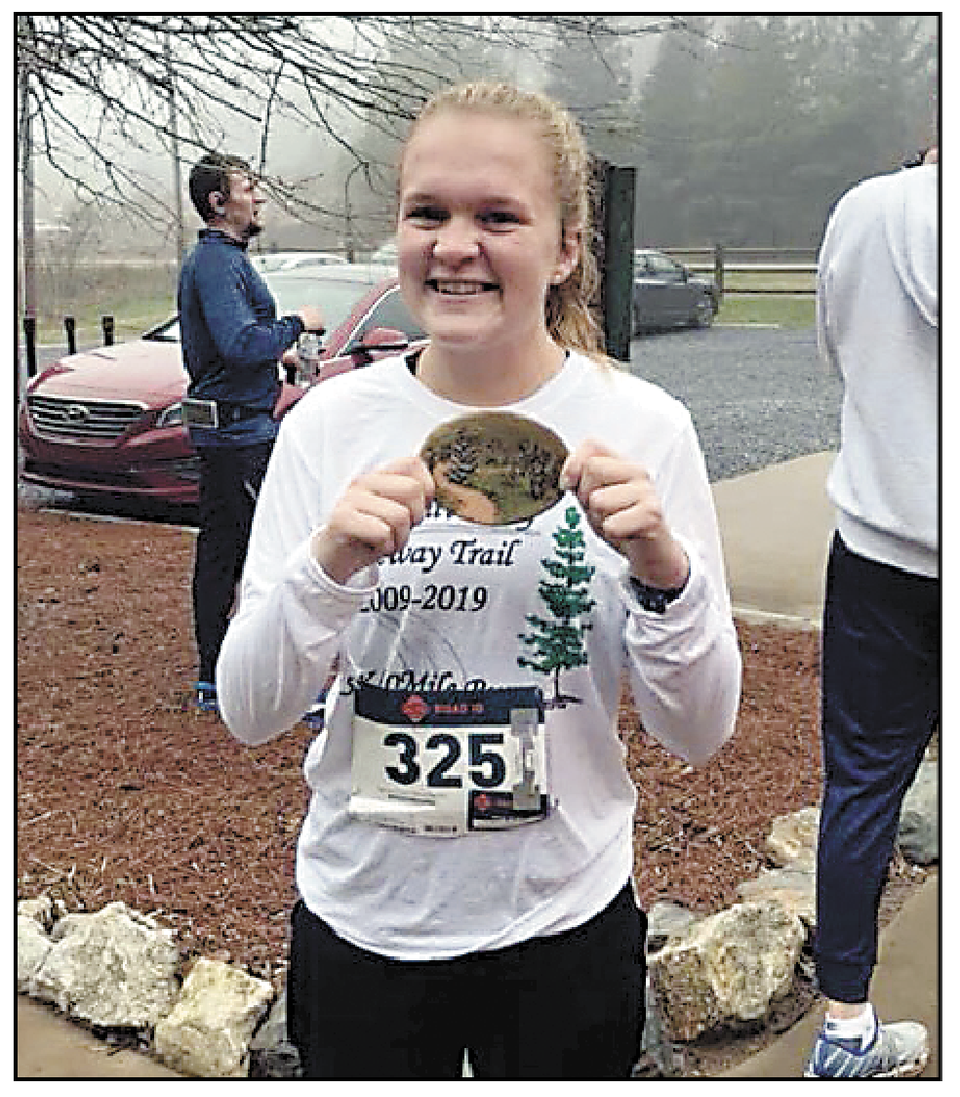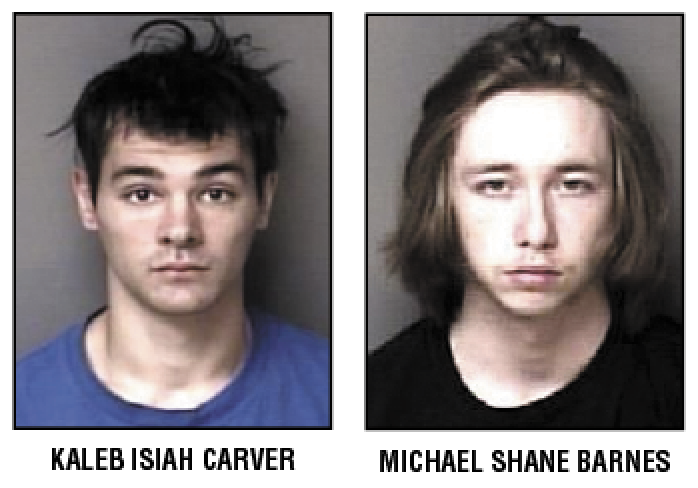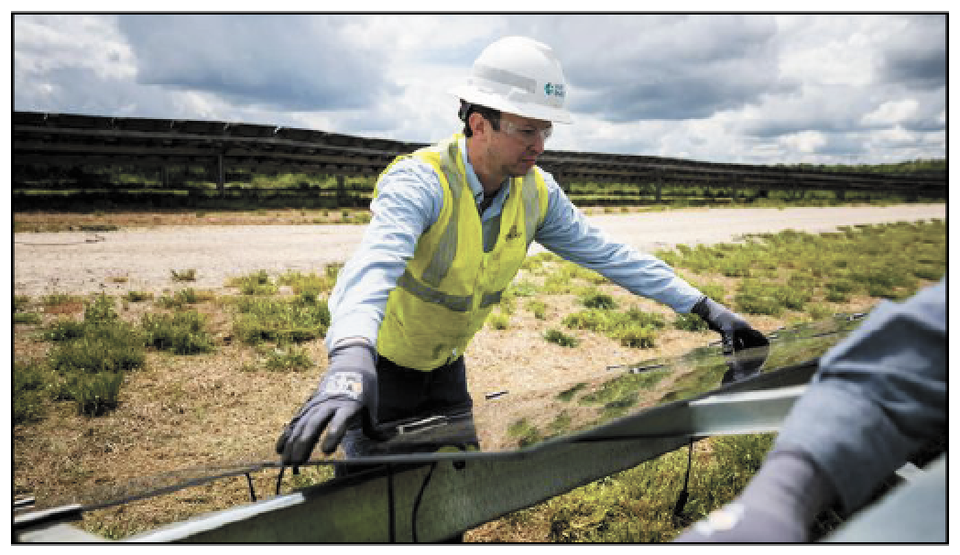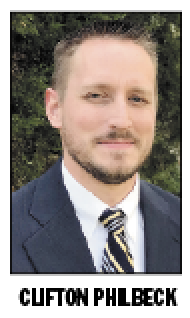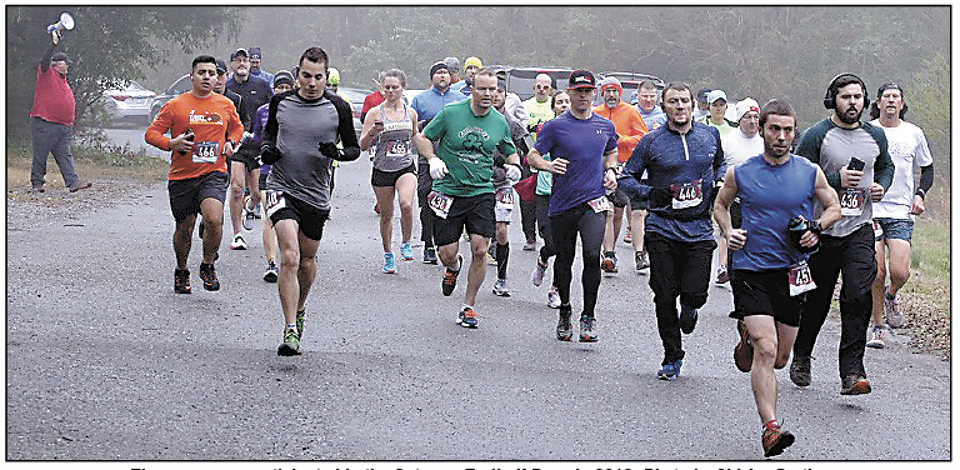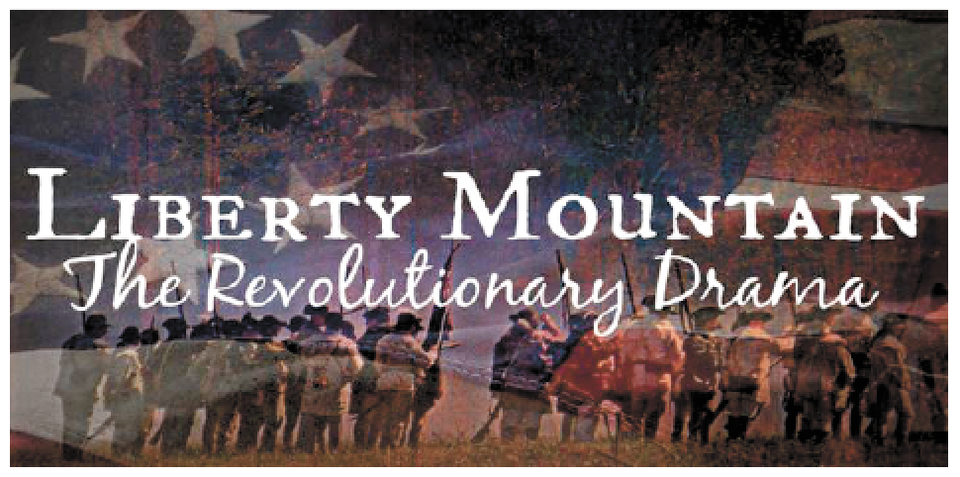
Liberty Mountain production cancelled for 2021
(April 14, 2021 Issue)
As happened in 2020, the 2021 season production of “Liberty Mountain: The Revolutionary Drama” has been canceled, an unfortunate victim of the coronavirus pandemic. The play had hoped to resume performances for its 7th season in June and July at the Joy Performance Center in Kings Mountain, NC.
“Our concern continues for the health and safety of our audiences, cast, crew and volunteers,” said Jim Champion, Liberty Mountain’s General Manager, in announcing the decision by the production’s steering committee. “It is with great regret that we have to put our plans on hold,” he said, “but with the immersive nature of our drama taking place throughout the theater and the continuing restrictions on indoor event capacities, I’m confident we have made the responsible choice.”
Champion said that plans are already underway for the next season, beginning in June, 2022. “A great deal of work has been done,” he said, “and that puts us well ahead for next year.”
Caleb Sigmon, Liberty Mountain’s artistic director, promised a “bigger and better” experience for theatre-goers next year. “We have time now to work on some exciting new ideas for telling this inspiring and dramatic story of the 1780 Battle of Kings Mountain that turned the tide of the Revolution and guaranteed America’s independence.”
Playwright Robert Inman noted the similarity between the difficult decision to cancel the season and that reached by the Patriot settlers of the Colonial Carolinas. “Their lives, their homes, their families and their faith were threatened,” Inman said. “They had to decide whether to bow to British demands to lay down their arms, or to fight. They fought.”
Champion paid special tribute to those whose hard work and support have made “Liberty Mountain” possible through the years – the steering committee, presenting sponsors Gilbert and Jancy Patrick, Sigmon Theatrical, community businesses and organizations, Cleveland County and Kings Mountain local governments, playwright Inman, and the cast, crew and volunteers who bring the play to life.
“We’ll be back,” Champion said, “and we’ll give you a theatrical experience you’ll never forget.”
As happened in 2020, the 2021 season production of “Liberty Mountain: The Revolutionary Drama” has been canceled, an unfortunate victim of the coronavirus pandemic. The play had hoped to resume performances for its 7th season in June and July at the Joy Performance Center in Kings Mountain, NC.
“Our concern continues for the health and safety of our audiences, cast, crew and volunteers,” said Jim Champion, Liberty Mountain’s General Manager, in announcing the decision by the production’s steering committee. “It is with great regret that we have to put our plans on hold,” he said, “but with the immersive nature of our drama taking place throughout the theater and the continuing restrictions on indoor event capacities, I’m confident we have made the responsible choice.”
Champion said that plans are already underway for the next season, beginning in June, 2022. “A great deal of work has been done,” he said, “and that puts us well ahead for next year.”
Caleb Sigmon, Liberty Mountain’s artistic director, promised a “bigger and better” experience for theatre-goers next year. “We have time now to work on some exciting new ideas for telling this inspiring and dramatic story of the 1780 Battle of Kings Mountain that turned the tide of the Revolution and guaranteed America’s independence.”
Playwright Robert Inman noted the similarity between the difficult decision to cancel the season and that reached by the Patriot settlers of the Colonial Carolinas. “Their lives, their homes, their families and their faith were threatened,” Inman said. “They had to decide whether to bow to British demands to lay down their arms, or to fight. They fought.”
Champion paid special tribute to those whose hard work and support have made “Liberty Mountain” possible through the years – the steering committee, presenting sponsors Gilbert and Jancy Patrick, Sigmon Theatrical, community businesses and organizations, Cleveland County and Kings Mountain local governments, playwright Inman, and the cast, crew and volunteers who bring the play to life.
“We’ll be back,” Champion said, “and we’ll give you a theatrical experience you’ll never forget.”
